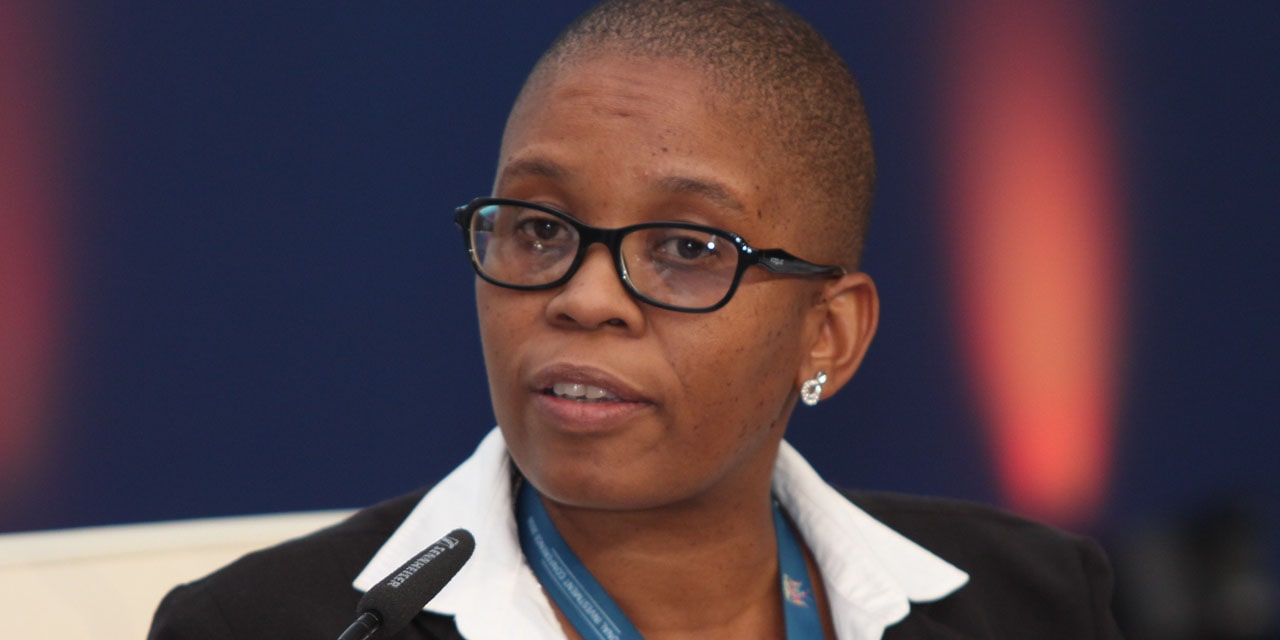Tujoromajo Kasuto
MINISTRY of Justice, Chief Public Relations Officer Simon Idipo says the introduction of the National Register for Sex Offenders in Namibia ought not to be rushed and a thorough examination be made before its implementation because of the implications of such a register would have on the wider society.
The process of the introduction of the register was expected to be started this month, but Idipo said the process was delayed because of the ongoing consultations involving all stakeholders.
The delays, he maintained included administrative processes to ensure that all is in place to get the system in place, as well as parliament having to further discuss the manner and fashion in which to enact the Sex Offenders Register.
Additionally, other issues to be considered are if there is a need to employ new staff to administer the register as well as whether there will be a need to get new offices and other administrative matters.
The idea of a register is because of the alarming number of high sexual offences in the country that has the society and politicians in parliament engaging in serious discussions to find a lasting solution to the scourge.
Minister of Justice Yvonne Dausab this week facilitated a stakeholders consultation meeting to consider the establishment of the register The sole purpose of the register is to use it as a tool to fight and reduce sexual violence related crimes.
The proposed register is intended to limit the access sex offenders to vulnerable persons and potential victims, such as children and mentally disabled persons.
Important issues pertaining to the register were discussed such as the purpose and objective of the register, who should be registered as a sex offender, who should have access to the register and who should be the custodian and administrator of the register.
The consultation was attended by a various stakeholders who will be closely linked to the Sex Offender Register, such as the Namibian Police, Ministry of Gender Equality and Child Welfare, Ministry of Education, Arts and Culture and Ministry of Health & Social Services.
Also in attendance were the Namibian Correctional Services, Office of the Judiciary, civil society organisation and members of the legal fraternity among others.
According to Idipo, the majority of the stakeholders were in support of enacting and implementing the Sex Offenders Register.
At the event, Dausab highlighted that from January to August 2021 there were 690 cases of rape reported.
In addition, from 2019 to 2021 about 1566 children were sexually violated and around 883 were physically abused.
She said that although Namibia has enacted several laws that deal with these offenses, there is a need to consider different and new approaches to address the scourge of sexual offences.
In the process of coming up with new solutions, the minister noted that it is important to conduct indepth research and consultations as the importance of consultations in this process cannot be overemphasised.
“It is essential to facilitate public and stakeholder participation when trying to solve national problems. Some of these stakeholders include civil society organisations, public and government institutions. In this process, we should be guided by the principles of the rule of law and respect for fundamental human rights. This means that our focus should be to protect vulnerable persons in our society,” Dausab explained.
Therefore, these considerations should guide the ministry in discussions to come up with a clear solution that adds to the existing Namibian legal framework for the protection of vulnerable persons.




